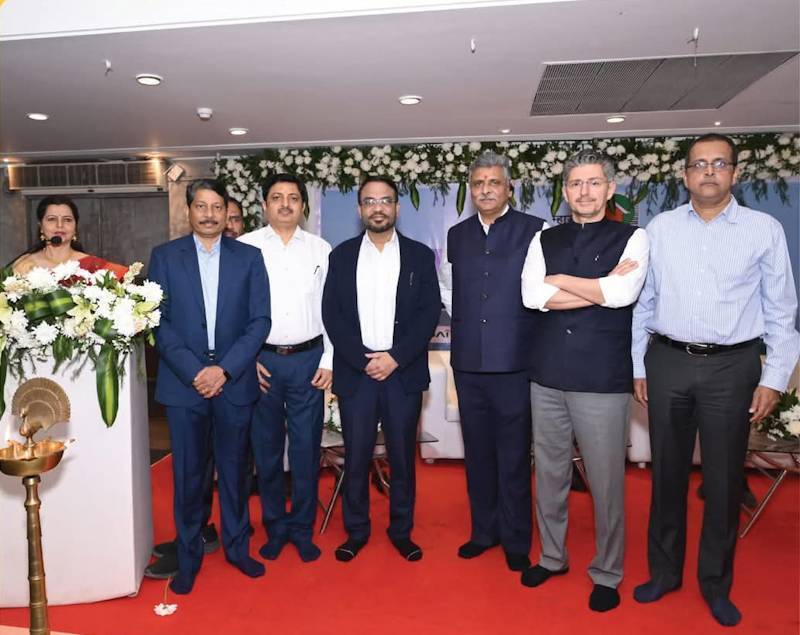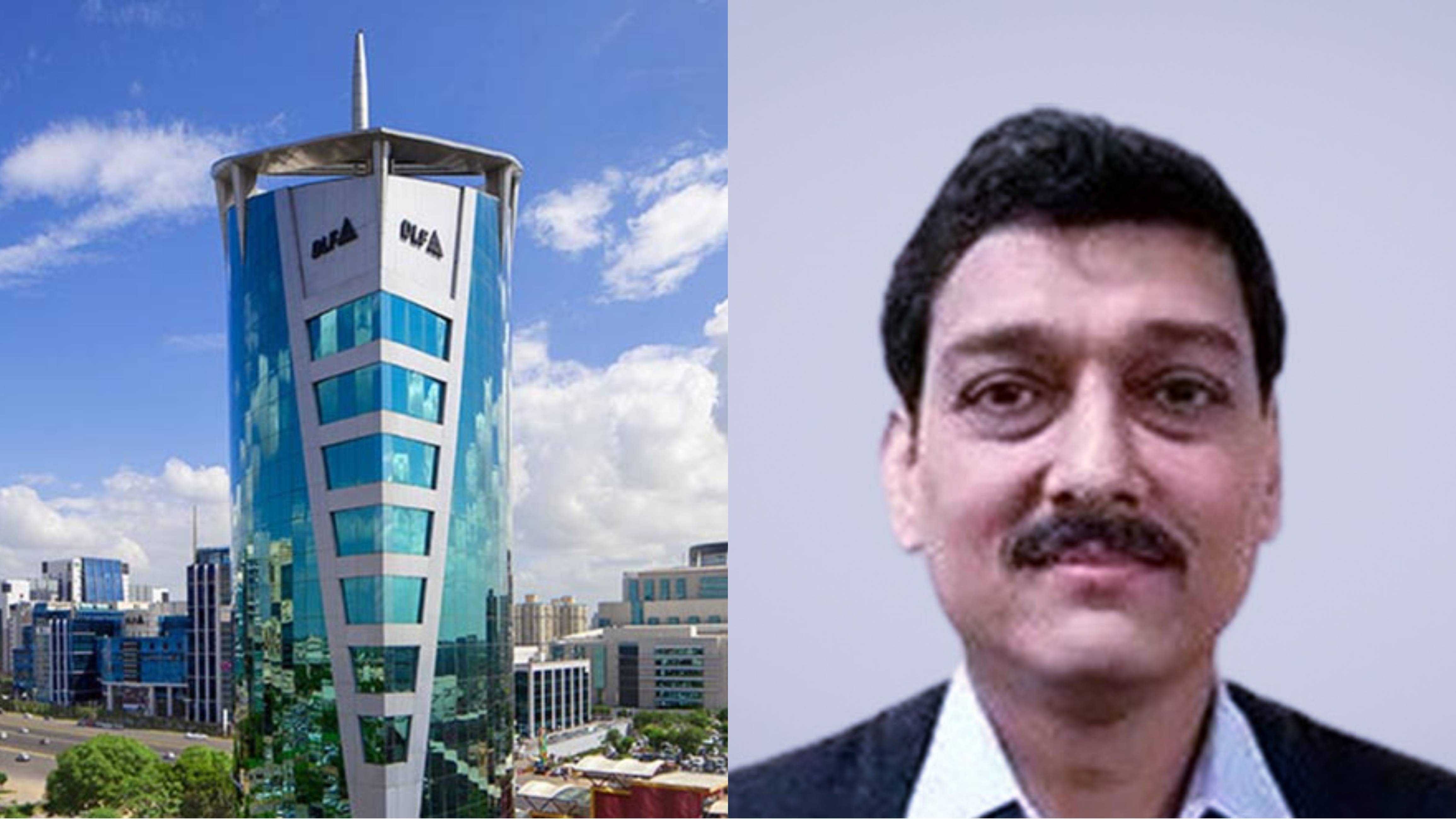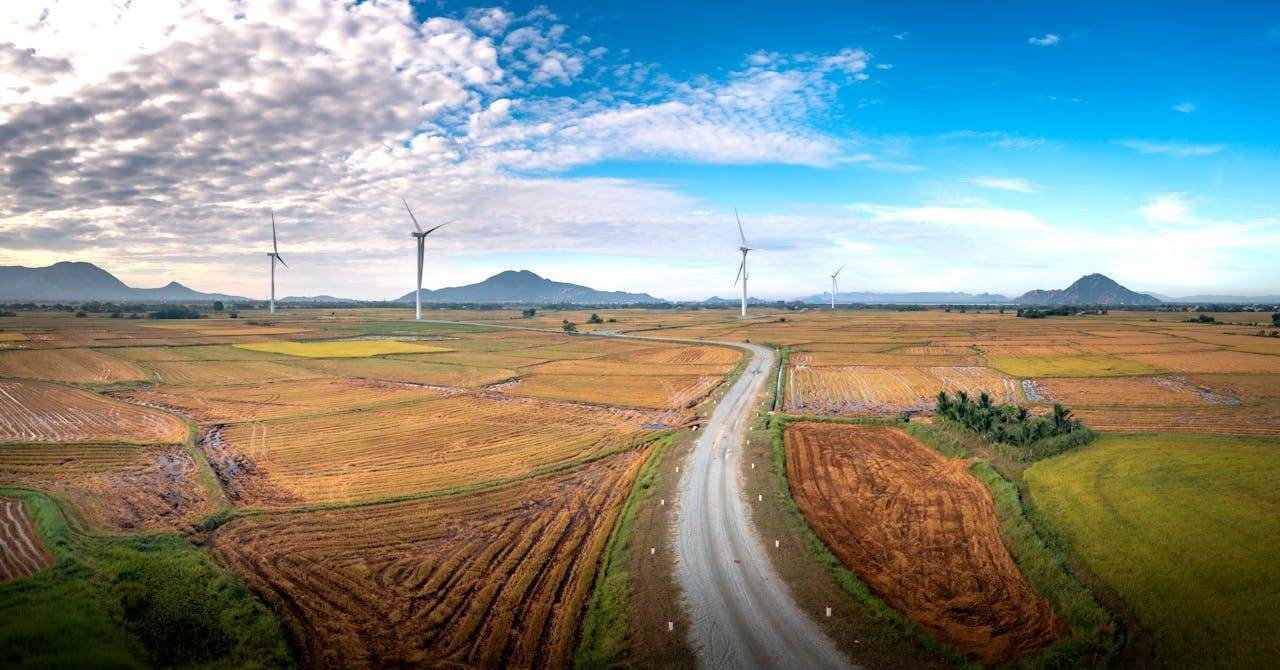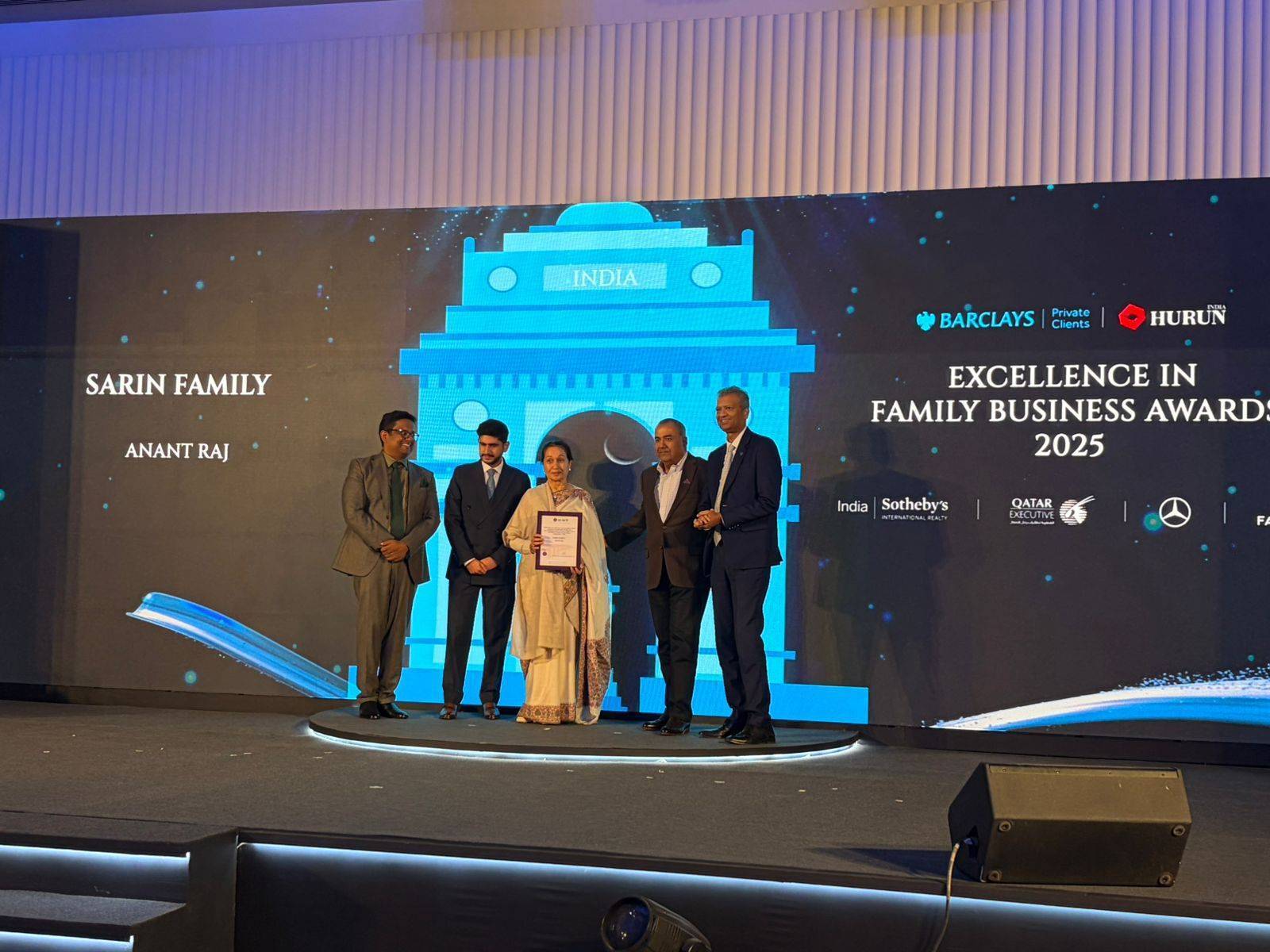The Maharashtra Housing and Area Development Authority (MHADA) organized a workshop to outline a comprehensive roadmap for the Mumbai Metropolitan Region (MMR) Growth Hub Project. The workshop aimed to engage stakeholders, including private developers and construction professionals, to gather their inputs, address challenges, and collaboratively develop solutions.
Key discussions focused on participatory decision-making, with emphasis on critical aspects such as premiums, building permissions, and the practical difficulties stakeholders face in implementing housing and redevelopment projects. This ambitious initiative, a key component of Niti Aayog’s vision, seeks to accelerate the growth of MMR’s economy, with the goal of increasing its GDP from $140 billion in 2023 to $300 billion by 2030. The project also aims to address the region's housing shortages, fast-track redevelopment efforts, and create significant employment opportunities.
The workshop was led by Mr. Sanjeev Jaiswal, IAS, Vice President & CEO, MHADA, who presented a detailed vision for the project. Senior officials, including Mr. Milind Shambharkar, IAS, Chief Officer, Mumbai Building Repairs & Reconstruction Board, Mr. Milind Borikar, IAS, Chief Officer, Mumbai Board, MHADA, and Mr. Anil Wankhede, Deputy CEO, MHADA, shared their insights and strategies to achieve the ambitious targets set for Year 2030.
Mr. Sanjeev Jaiswal highlighted that the MMR Growth Hub Project aligns with Niti Aayog’s vision of economic transformation, aiming to contribute to India’s larger goal of achieving a $1.5 trillion economy by 2047. He elaborated on seven key pillars driving the project, including affordable housing, global service hubs, tourism and recreation, transit-oriented development, inclusivity, sustainability, and advanced infrastructure. A central focus of the project is the delivery of 3 million affordable housing units by 2030, of which 2.2 million units will be completed through slum rehabilitation (SRA) and 800,000 through affordable housing schemes led by MHADA and CIDCO. He highlighted that MMR was chosen for this initiative due to its under utilised potential in housing developement. To achieve this target given by Niti Aayog private developers role is very important.
He also discussed MHADA’s paradigm shift toward diverse housing solutions, including rental housing, student accommodations, working women’s hostels, shared units, studio apartments, industrial housing, and old-age homes, which will cater to the varied needs of MMR’s population across income groups. He highlighted that revisiting building permissions, premium charges, and taxes such as GST could significantly reduce housing costs, thereby making affordable housing more accessible. Mr. Jaiswal emphasized the importance of government collaboration along with active participation from private developers and other stakeholders to ensure the timely execution of redevelopment and housing projects.
Speaking on redevelopment challenges, Mr. Milind Shambharkar, IAS, stressed the need for regulatory reforms to expedite stalled projects. He highlighted issues related to policies under 33(7) and 33(9), which propose for amendments for faster approvals and smoother implementation. He also emphasized the role of 91(A) in mandating the demolition of unsafe buildings to protect the public. Furthermore, he proposed the creation of an online portal to improve transparency, facilitate redevelopment propsal approvals, and manage citizen grievances more efficiently.
Mr. Milind Borikar, IAS, presented MHADA’s ambitious housing targets, stating that 8 lakh housing units will be delivered by 2030, including 2.25 lakh houses across MHADA Mumbai Boards 114 layouts, with redevelopment playing a crucial role. He emphasized the importance of affordable pricing and how MHADA plans to utilize 2000 hectares of land for cluster-based redevelopment, which will ensure sustainable urban planning and infrastructure upgrades. He further stressed that government collaboration to reduce project costs would make housing more affordable, benefiting middle- and low-income families.
Concluding the workshop, Mr. Anil Wankhede, Deputy CEO, MHADA, shared MHADA’s focus on innovative housing models that address diverse population needs. He highlighted plans for housing categories such as rental housing, student hostels, shared units, and industrial housing, which are designed to align with the evolving urban demands of MMR. He reiterated that cluster redevelopment will play a pivotal role in ensuring optimal land utilization and the creation of integrated urban spaces. He also emphasized the importance of working closely with private developers to address issues like stalled projects and surplus tenements.
The workshop emphasized the need for collaboration between government agencies, private developers, and citizens to achieve the goals of the MMR Growth Hub Project. MHADA reaffirmed its commitment to delivering affordable housing and supporting the redevelopment of urban spaces, with a focus on driving Maharashtra’s economic and social progress by 2030.
Image source-mhadaofficial









.png)